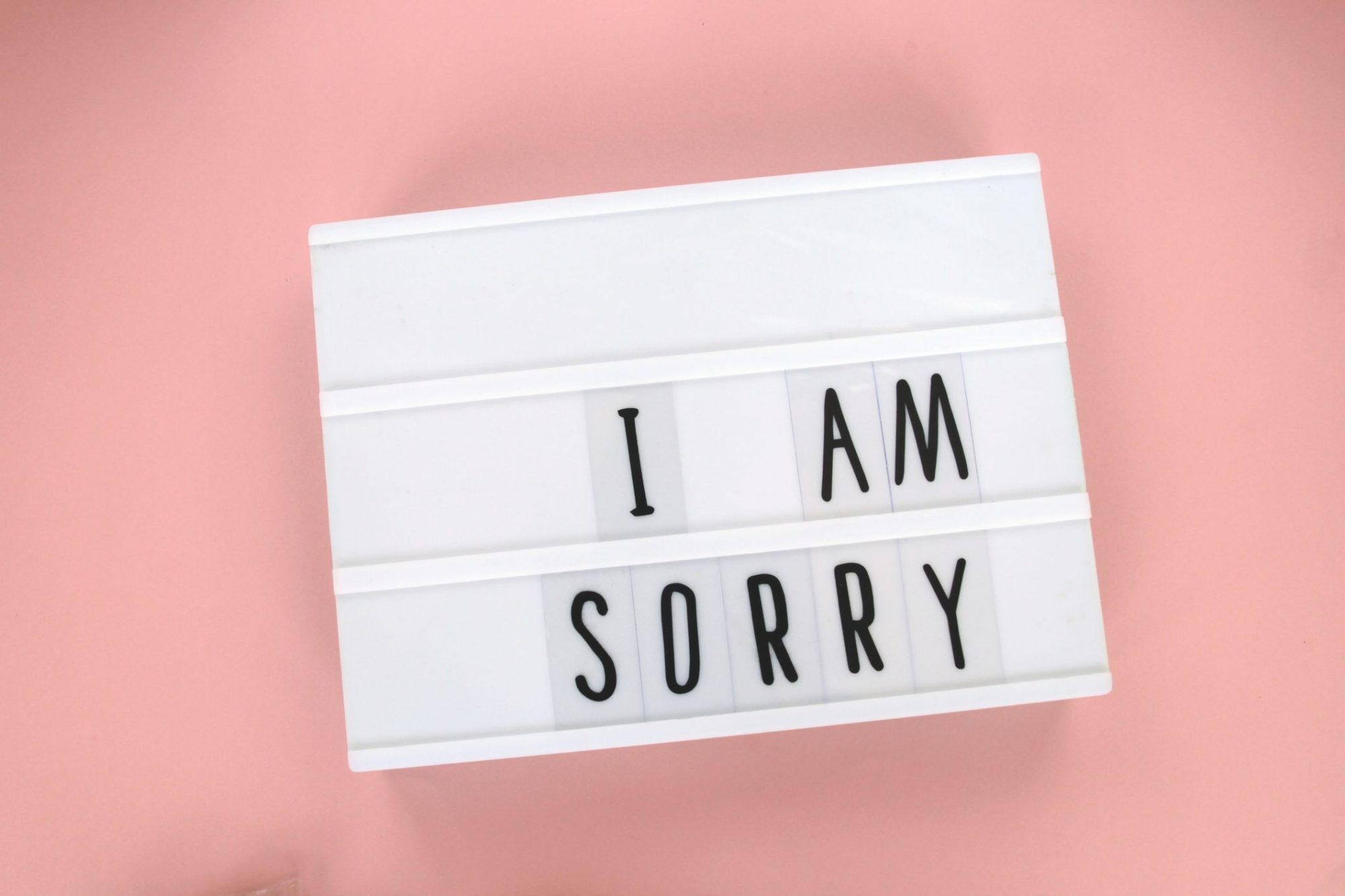
The post is developed in partnership with BetterHelp.
Sometimes, it hits you out of nowhere — that familiar sting of regret. Maybe it’s a memory of sharp words you wish you could take back, a missed opportunity that still echoes “what if,” or the lingering weight of a decision you can’t seem to shake.
Guilt is a complex emotion. It can wear the face of responsibility, whispering that you should have done better, been better. It can make your heart ache with old hurts, making happiness feel out of reach.
Imagine that familiar weight of guilt lifting just a little. What if, rather than letting those old mistakes drag you down, you found a way to forgive yourself? The reality is while you can’t change the past, you can build a future where it no longer defines you.
What Guilt Really Is
Guilt can be difficult to understand. It’s an emotion that signals something might be amiss — a missed opportunity, a broken promise, or a hurtful word. Healthy guilt can be a catalyst for change, leading us to make amends or avoid repeating mistakes. But there’s another side, an inescapable guilt that lingers long past its usefulness. It can erode our self-esteem and make us believe we’re unworthy of happiness or undeserving of love.
Research indicates guilt can negatively impact our mental and physical health and potentially lead to depression, anxiety, and chronic pain. So why do so many of us hold onto it? Usually, it’s because we don’t know how to let go. But with some self-reflection and a bit of self-compassion, you can move beyond guilt and closer to forgiveness.
Identifying the Roots of Guilt
Why does guilt take root so deeply in some and barely scratch the surface of others? The answer depends on several things, including:
- Personal standards: Your internal benchmark of what’s “good” or “right” is high. A single misstep feels like a huge failure rather than a minor mistake.
- External expectations: Pressure from society, family, or cultural norms creates an ever-present checklist of how one thinks or acts.
- Past hurt in childhood: Deep-seated messages of blame or criticism absorbed in childhood can make guilt your default setting.
Understanding the Nature of Your Guilt
Guilt can be sneaky, disguising itself in unexpected ways. Self-reflection tools like journaling allow you to gain clarity and insight into your feelings. Here’s how:
- Pinpointing the emotion: Describe the exact feeling – is it regret, sadness, a heavy sense of responsibility?
- Interpreting the messages: What stories does your guilt tell you? (“I’m unworthy,” “I always mess up,” etc.)
- Tracking the triggers: What situations intensify the guilt? Are there specific people, places, or memories?
Challenging Your Inner Critic
Guilt thrives on toxic thinking. It’s time to replace those harsh accusations with a dose of reality:
- Perfection is a myth: Did you intend to cause harm? Perfection is unattainable, but good intentions count.
- Hindsight is tricky: You made the best decision you could with the knowledge you had then. Don’t punish yourself for not knowing better.
- You are not your mistakes: Define yourself by your values and your efforts to grow, not by a single moment in a complicated life.
Developing Self-Compassion
Self-compassion is one of the best gifts you can give yourself. Think of how you’d speak to a beloved friend struggling with guilt. Now, turn that kindness inward.
- Speak to yourself gently: Replace “I should have” with “In the future, I can try…”
- Recognize your courage: It takes strength to face guilt head-on.
- Practice mindfulness: When guilt arises, focus on your breath and your body in the present moment — not on what has happened in the past.
Making Amends (Where Possible)
Guilt sometimes points us to legitimate harm caused to others. If it’s possible and safe, a sincere apology can be powerful:
- Focus on taking responsibility, not justifying your actions.
- Don’t expect instant forgiveness. That’s the other person’s journey.
- Make amends through changed behavior, not just words.
Reframing the Past
Guilt thrives on a single, frozen snapshot of the past. You can break its hold by widening the lens. Try focusing on:
- The lesson, not the failure: What did you learn from the experience?
- The ripple effect of good: Even if there’s regret, are there positive consequences, too? Focus on those threads of growth.
- The bigger picture: Is this mistake truly defining, or one piece in the puzzle of your life? Take a step back for perspective.
Accepting What You Can’t Change
Some sources of guilt involve situations entirely out of your control. Here’s how to find peace:
- It’s not all about you: Separate what was yours to own from external factors you couldn’t influence.
- The power of “if only” is an Illusion: The past can’t be rewritten. Focus on your agency in the present.
- Release through ritual: You can write a letter you’ll never send, express your regret, and then symbolically burn it.
Forgiving Yourself
Forgiveness is at the heart of self-compassion. There are several ways you can give yourself the same grace you’d offer a friend.
- The forgiveness letter: Write to yourself from a place of compassion. Acknowledge the hurt, the intent, and the lessons learned.
- Forgive, but don’t forget: Forgiveness is about release, not condoning your past actions. Carry the lessons forward.
- Self-love as a daily practice: Affirmations, mindfulness, and gratitude can slowly rewire your default settings away from self-blame.
When Guilt Needs More Than Self-Help
Sometimes, guilt is so stubbornly entrenched that it suggests deeper challenges. If you find that guilt significantly impacts your daily life or you feel trapped in a cycle of self-sabotage, a mental health professional can help. Therapy allows you to unpack the roots of excessive guilt and equips you with personalized tools for growth and healing.
Overcoming guilt is a process, not a single act. You can deal with guilt successfully through intention and self-awareness.
http://www.betterhelp.com/advice/how-to/addressing-your-feelings-how-to-deal-with-guilt/
Be patient with yourself. Some days will be easier than others. Each step you take toward self-compassion is a victory you should celebrate.
